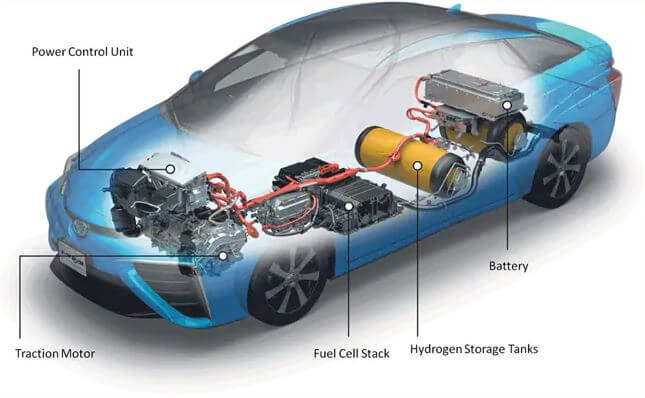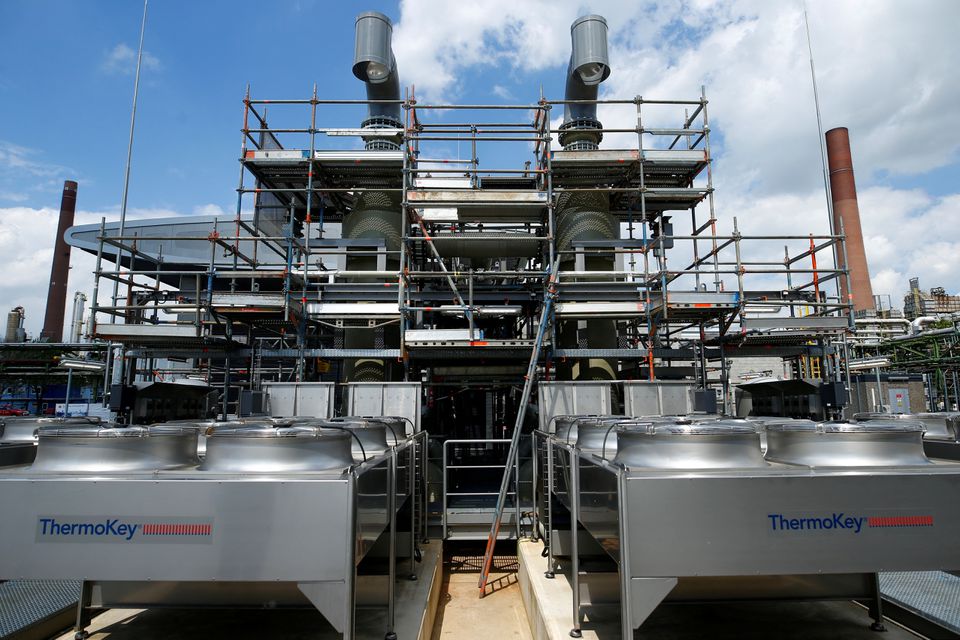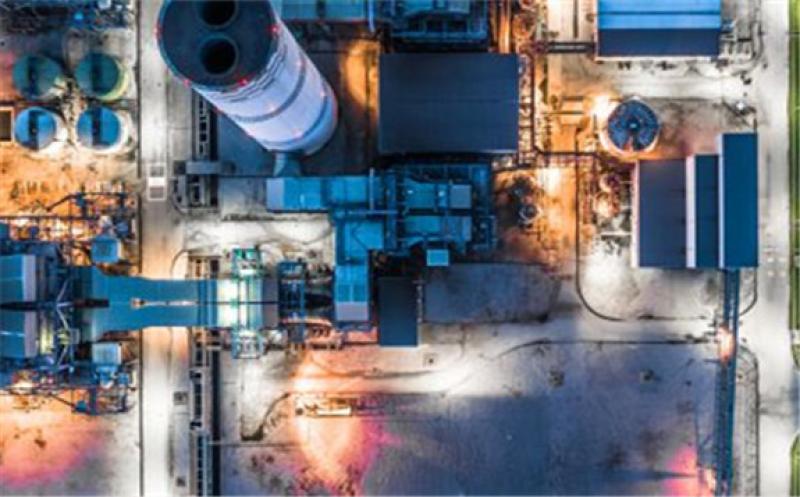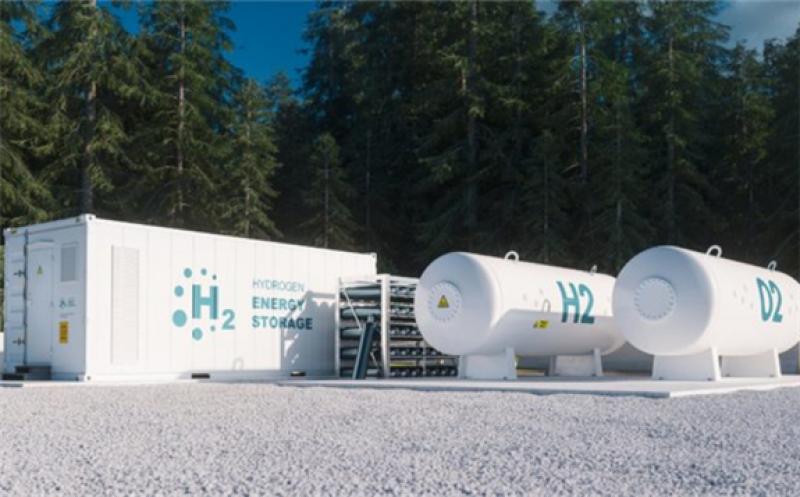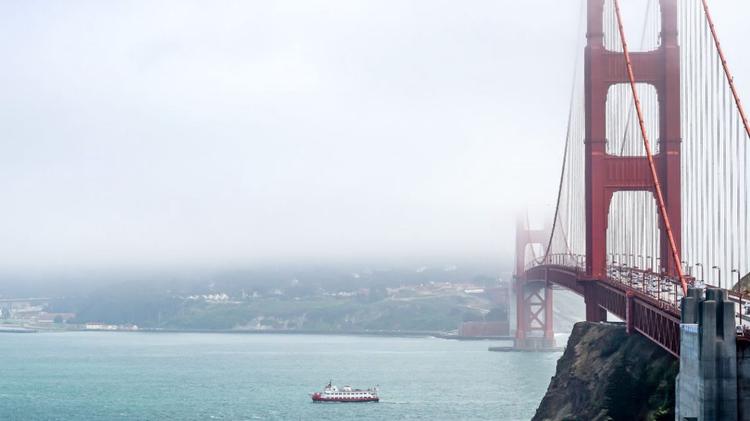
The Sea Change is ready to begin operation in late Spring.
The hydrogen ferry, called the Sea Change, was reportedly towed to San Francisco on March 13 via tugboat from Washington (with its arrival confirmed by the shipbuilder and ship owner), and it is expected to begin transporting passengers before summer.
The Sea Change is powered by fuel cells and batteries.
The hydrogen ferry, called the Sea Change, was reportedly towed to San Francisco on March 13 via tugboat from Washington (with its arrival confirmed by the shipbuilder and ship owner), and it is expected to begin transporting passengers before summer.
In addition to being the first hydrogen-powered ferry in the United States, this long-awaited-for hydrogen ferry is claimed to be the first commercial hydrogen fuel cell passenger ferry in the world.
Owned by SWITCH Maritime, the Sea Change was designed by Incat Crowther and built by All American Marine. The catamaran, which can carry up to 75 passengers, has been fitted with hydrogen fuel cells that generate electricity to power electric motors.
According to Switch Maritime, the Sea Change is equipped with 10 hydrogen storage tanks and is capable of storing approximately 246 kgs of compressed hydrogen gas at a pressure of 250 bar. This provides the H2-powered vessel enough power to operate continuously for 150 nautical miles at approximately 12 knots of cruising speed, before needing to be refueled.
Though the ferry uses compressed gas, Switch Maritime intends to eventually use more energy dense forms of H2, such as liquid hydrogen, in its future vessel designs, to enhance transit speeds and allow for longer routes.
The Sea Change hydrogen ferry isn’t likely to be the only clean-powered ferry in San Francisco’s future.
In addition to the hydrogen-fuelled ferry pilot project, the San Francisco Bay Area’s Water Emergency Transportation Authority (WETA) plans to roll out battery-electric ferries with money it was awarded as part of a $14.9 million grant from the California State Transportation Agency in 2022. The WETA wants to phase out diesel-powered ferries by 2035.
